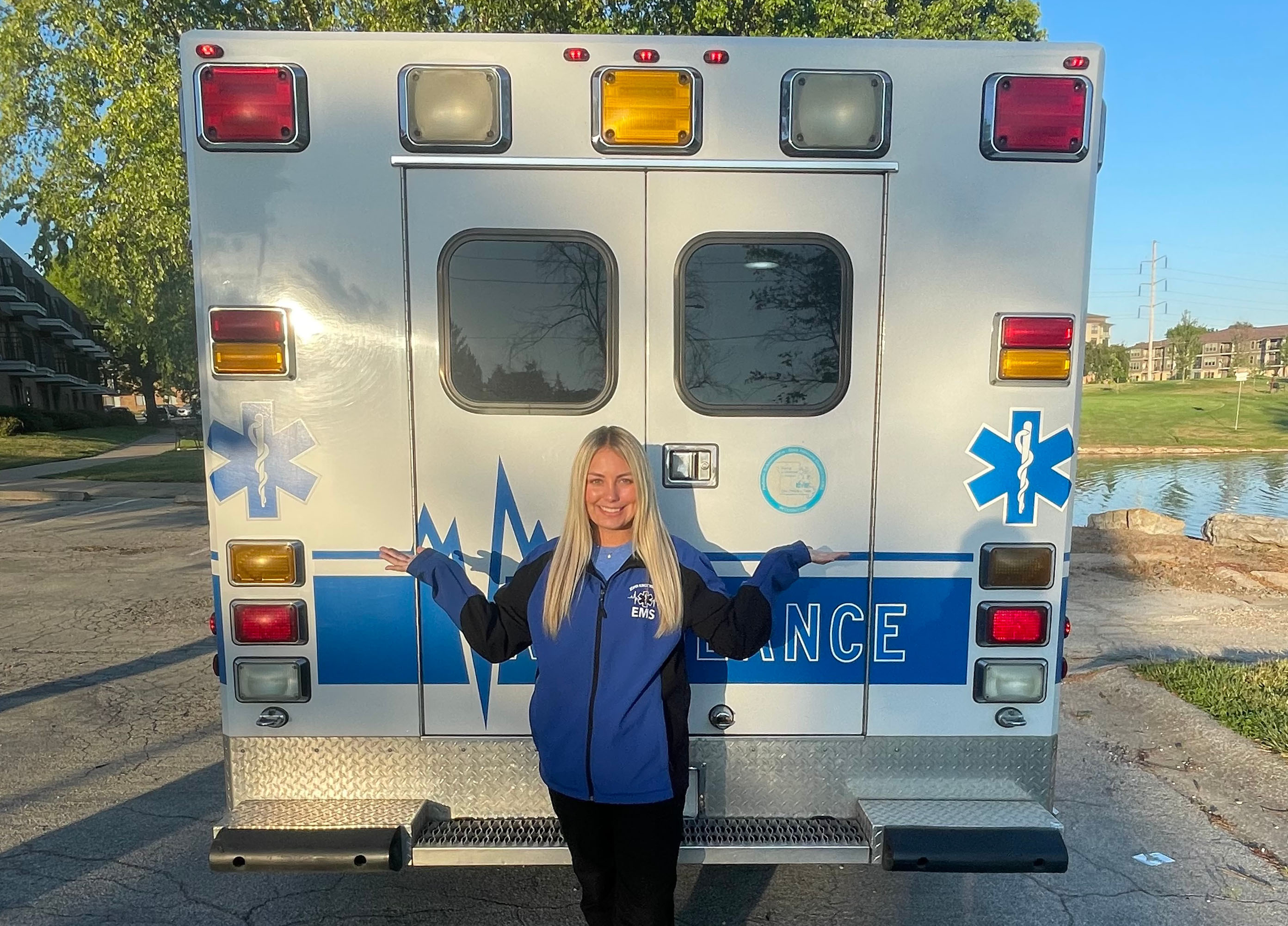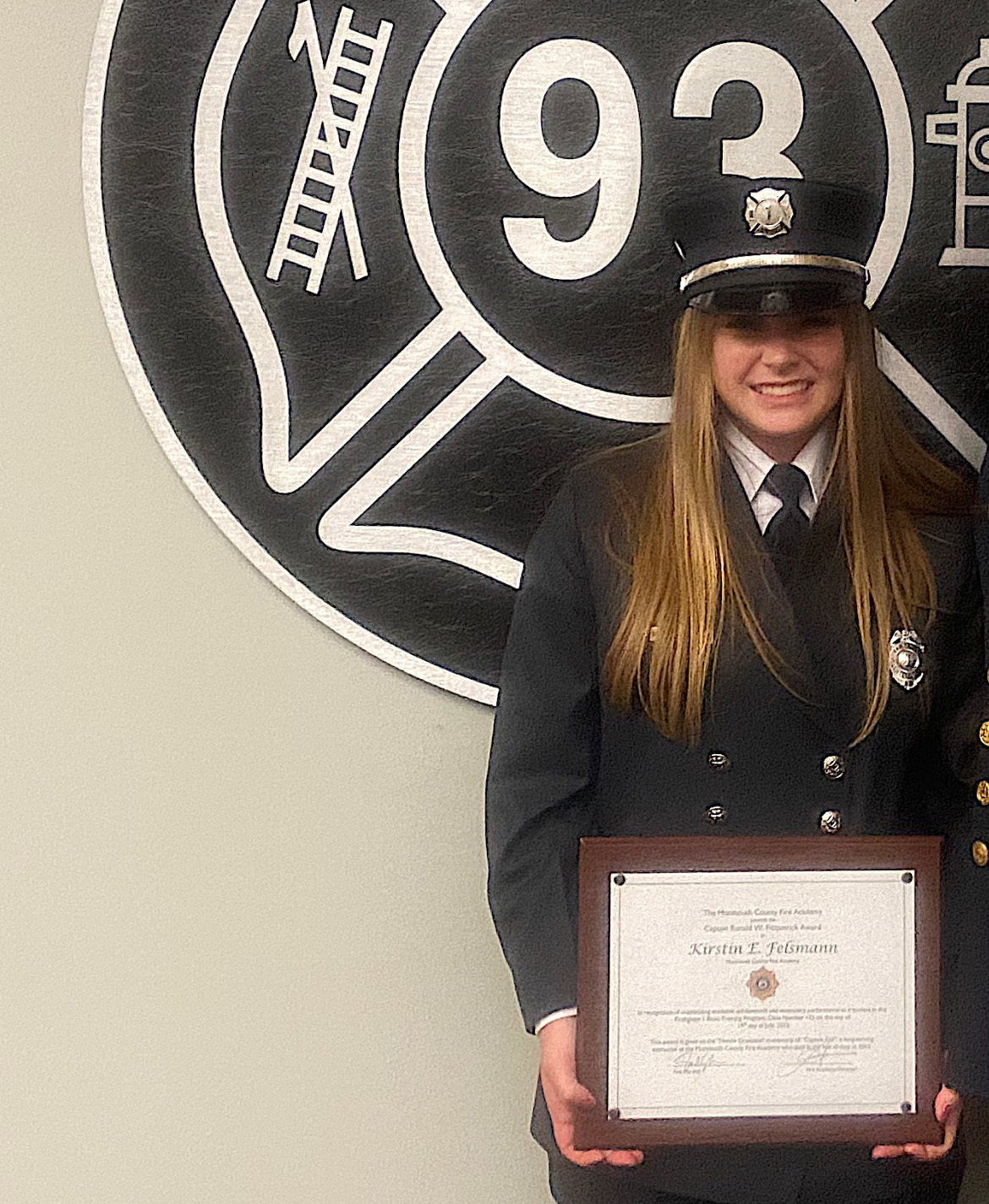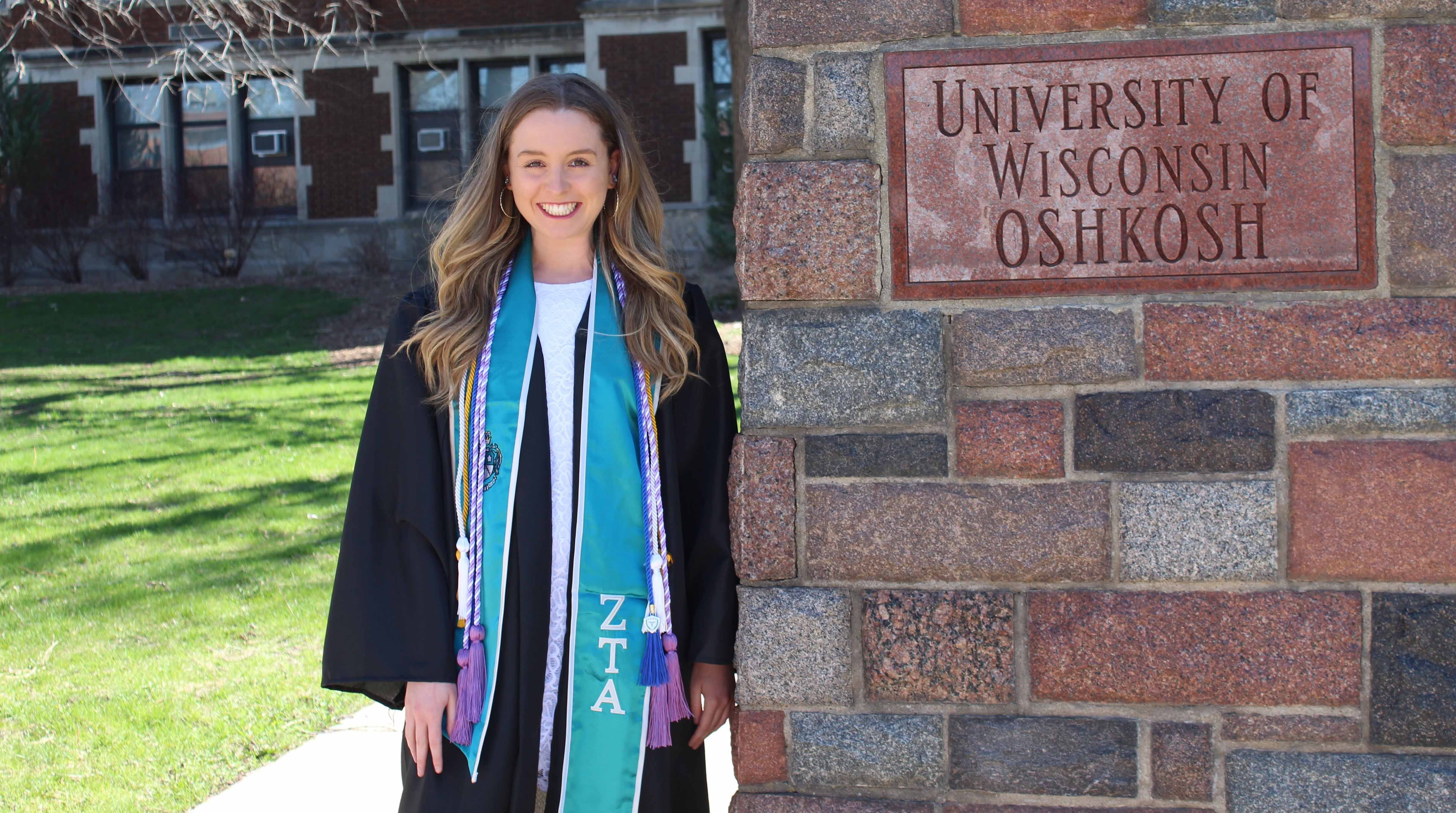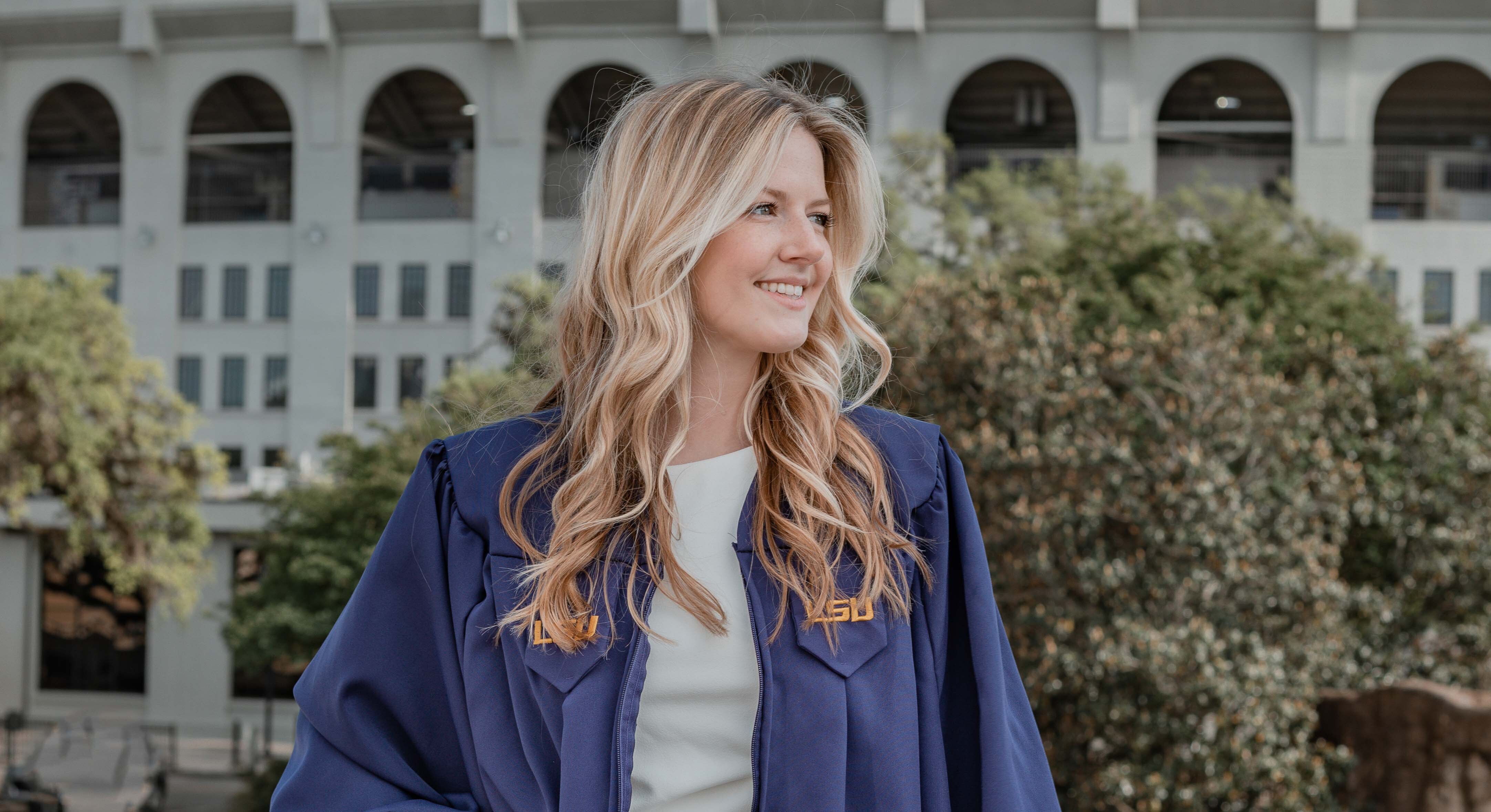News
Zetas who are the first to respond
Content warning: Some content in this story may be graphic and include mentions of death, self harm and blood.
Emergency Medical Service personnel treat 25 to 30 million patients per year across the United States, according to research by the National Registry Data, Dashboard and Maps. The registry reports more than 312,900 people in the United States are EMS-certified and of this number only 25% are female.
ZTA recently asked sisters to share their stories as first responders. The summer issue of Themis features Zetas in law enforcement, firefighting and disaster response. Four of the 15 members who told ZTA they work as emergency medical technicians share their stories here.
Why Emergency Medical Service?
The term “first-responders” truly applies to the work of an EMT as the first person to arrive on the scene of an emergency. This work spoke to Kendra Sibert, a recent graduate of Alpha Psi Chapter (University of Missouri). “I really wanted to be that first person to give out medical attention,” Kendra said. “It opens your eyes to all types of medical conditions.” She chose EMS as her starting point before medical school. As an EMT, she saw everything at a fast pace and was able to learn about illnesses, medication, allergies and more.

“You are seeing people on their worst day,” said Kirstin Felsmann, a collegian at Alpha Beta Chapter (University of Pennsylvania). She believes her EMT experience has honed her communication, critical thinking and general people skills.

Scary sights and stories
According to the Center for Disease Control, the duties of EMTs include lifting patients and equipment, treating patients with infectious illnesses, handling hazardous chemical and body substances, and participating in the emergency transport of patients in ground and air vehicles. It’s rewarding work when lives are saved, but often that’s not possible.
Kathryn Kirsop, an alumna of Kappa Lambda Chapter (University of Wisconsin Oshkosh), retains the strong memory of the first time she was called to the scene of a suicide. “What people don’t know about being an EMS is it’s you and your partner, you go in and do the job together, you pronounce the death, you have to tell the family, it’s now a crime scene, you are a part of the investigation,” she said.

Kathryn worked as a tech in an emergency room during a mass casualty event at the Waukesha, Wisconsin, Christmas parade in 2021 that resulted in more than 40 injured and five fatalities. “They called a trauma surge; everyone who lived within so many miles of the hospital had to come in and get to work,” she said. “We didn’t know how many kids we were going to get, and we didn’t know when it was going to stop.”
Hailey McGhee, an alumna of Delta Kappa Chapter (Louisiana State University), reflected on the first time she was called as an EMT to a cardiac arrest. She felt prepared and confident from her training, but what happened on the call was unexpected. When Hailey tried to establish an airway in the patient, she found the airway was full of blood. She was unable to save the patient, but the response of those at the scene inspired her. “A little old man came up to me and said, ‘Thank you so much, you did everything you could,’” Hailey recalled.

Healthcare Heroes
Becoming an EMT jump started careers in the healthcare field for all four Zetas.Hailey’s experience as an EMT has encouraged her to begin a career in health education and literacy. Kendra started medical school in July. Kathryn works as a nurse on the night shift at a Level 1 Pediatric Trauma Center in Milwaukee and still works part-time as an EMT.
Kirstin, who began her healthcare career as a lifeguard, now coordinates the cadet program for an EMS squad. She has also completed her training as a volunteer firefighter, becoming the fourth generation of her family, but the first female, in that field.
Being an EMT has given these four sisters a strong appreciation for life. They have learned how fragile life is and how quickly things can change. Their primary goal has been one of ZTA’s Nine Key Values—service. “I love being able to give back to my community,” Kirstin said.